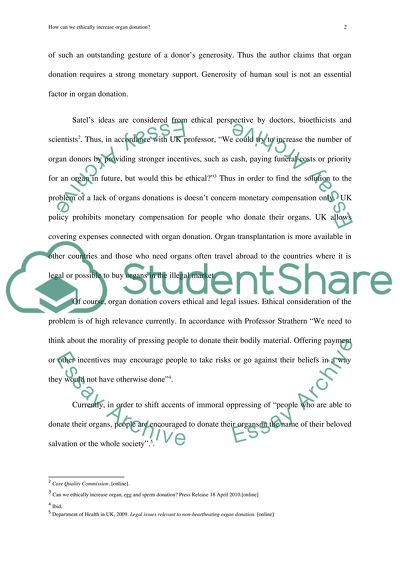Cite this document
(“How can we ethically increase organ donation Essay”, n.d.)
Retrieved de https://studentshare.org/environmental-studies/1406066-thow-can-we-ethically-increase-organ-donationu
Retrieved de https://studentshare.org/environmental-studies/1406066-thow-can-we-ethically-increase-organ-donationu
(How Can We Ethically Increase Organ Donation Essay)
https://studentshare.org/environmental-studies/1406066-thow-can-we-ethically-increase-organ-donationu.
https://studentshare.org/environmental-studies/1406066-thow-can-we-ethically-increase-organ-donationu.
“How Can We Ethically Increase Organ Donation Essay”, n.d. https://studentshare.org/environmental-studies/1406066-thow-can-we-ethically-increase-organ-donationu.


